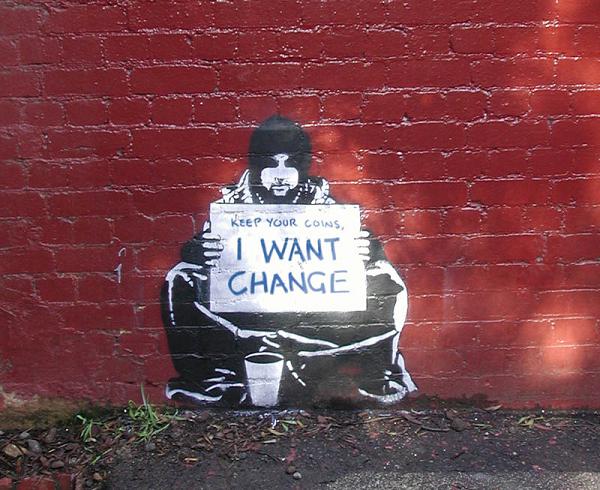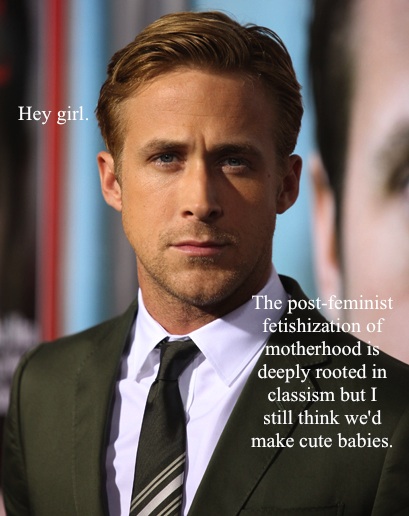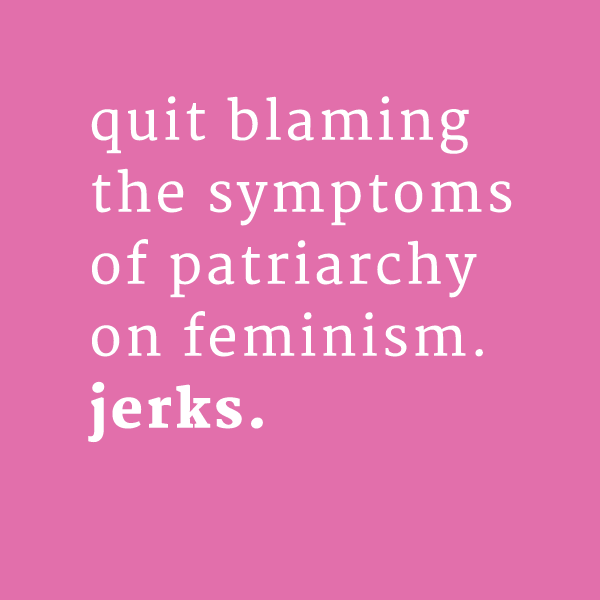Among my limited talents is the ability to provide theoretical validation to just about any a feelings that my friends might have. If they get rattled by something that they see, read or experience, they sometimes come to me to help them put their feelings into productive commentary. This is particularly true when it comes to social justice issues. Through my academic training I have had the privilege of gaining access to terms and language that help me frame my experiences in the social world. It is a pleasure to help them out in this way.
I recently got together with a girlfriend who teaches in an elementary school. She was reading the editorial page of the Globe and Mail, where she saw a comment written in reaction to an article called “Debating the Great School Cover-up”, which discussed students’ clothing. She photographed it because she found the comment frustrating, judgmental and intrusive. She then sent it me.
Evidently, Don Cooper, a teacher from Toronto thinks that his slutty ass colleagues should not be setting such slutty examples.
For a woman, dressing to teach in our social context is difficult. As this this post from tenureshewrote points out, we have very narrow appearance norms to follow when we dress to face students and (sometimes judgmental) colleagues. If women are too polished, they risk being criticized for their vanity, and it is concluded that her “looks distract from what she is saying.” But, if they dress down, they risk being criticized for their apathy, and it is concluded that her “looks distract from what she is saying.”
This is an issue that many women in professional spaces confront. In a culture that encourages all of us to objectify women and perceive their bodies as objects of desire, but also as objects of disgust, it makes it difficult for women to perform their femininity appropriately. Folks like Don Cooper reinforce this idea that our bodies are inherently sexual, and that it is our job to erase any trace our secondary sex organs in order to be taken seriously. Otherwise we make ourselves into distractions.
“Attire is a touchy subject when you consider a woman’s perceived right to wear what she will” – Don Cooper
I am a little surprised that the Globe and Mail would publish such a misogynistic comment (just kidding, I’m so not surprised). But, it really is sexist. First of all, Mr. Cooper you are not talking about attire as much as you are talking about our bodies. No shit: it is “touchy” when an institution or a person decides to interject in your presentation of self. And, are you seriously suggesting that women merely “perceive” themselves as having “the right” to wear what they “will”? This right is no more “perceived” than the right to vote or have a fair trial. It is a right, regardless of perception, and to suggest otherwise is more than just a little troubling to me.
Perhaps we should encourage people like Mr. Cooper to re-evaluate his “perceived right” to comment about how his colleagues present their bodies.





